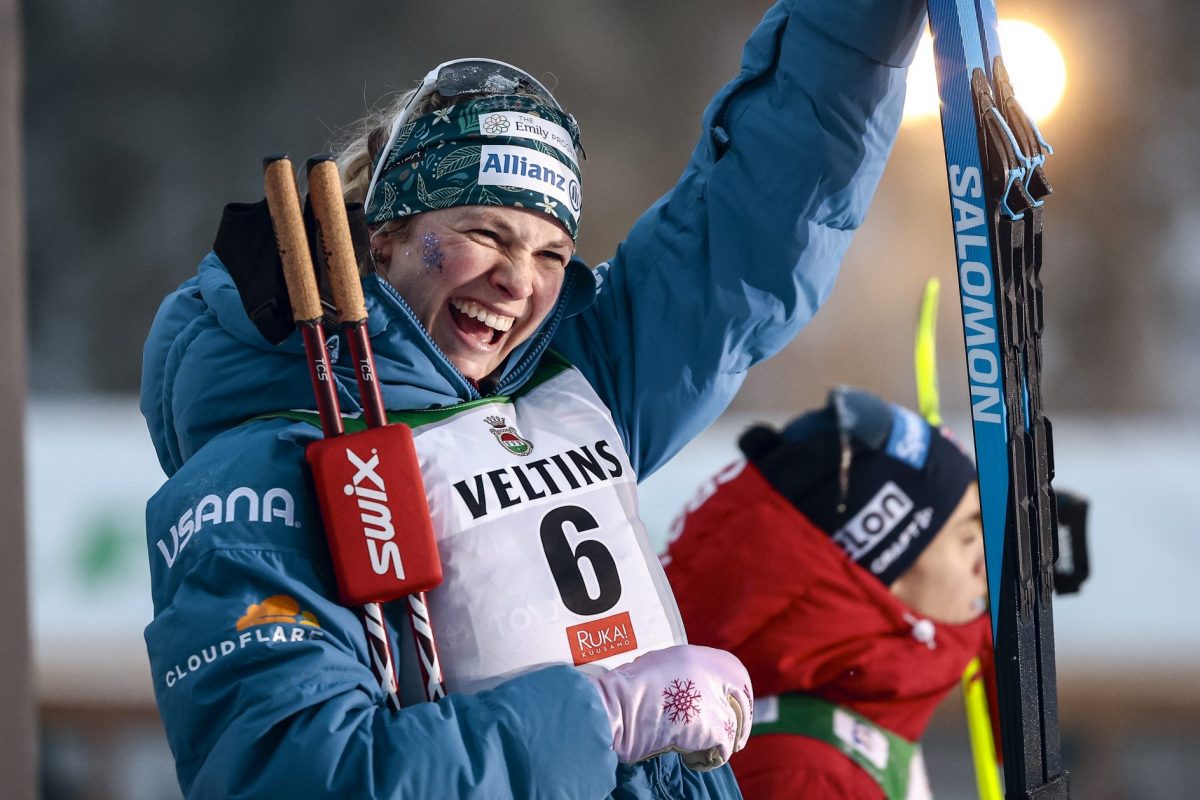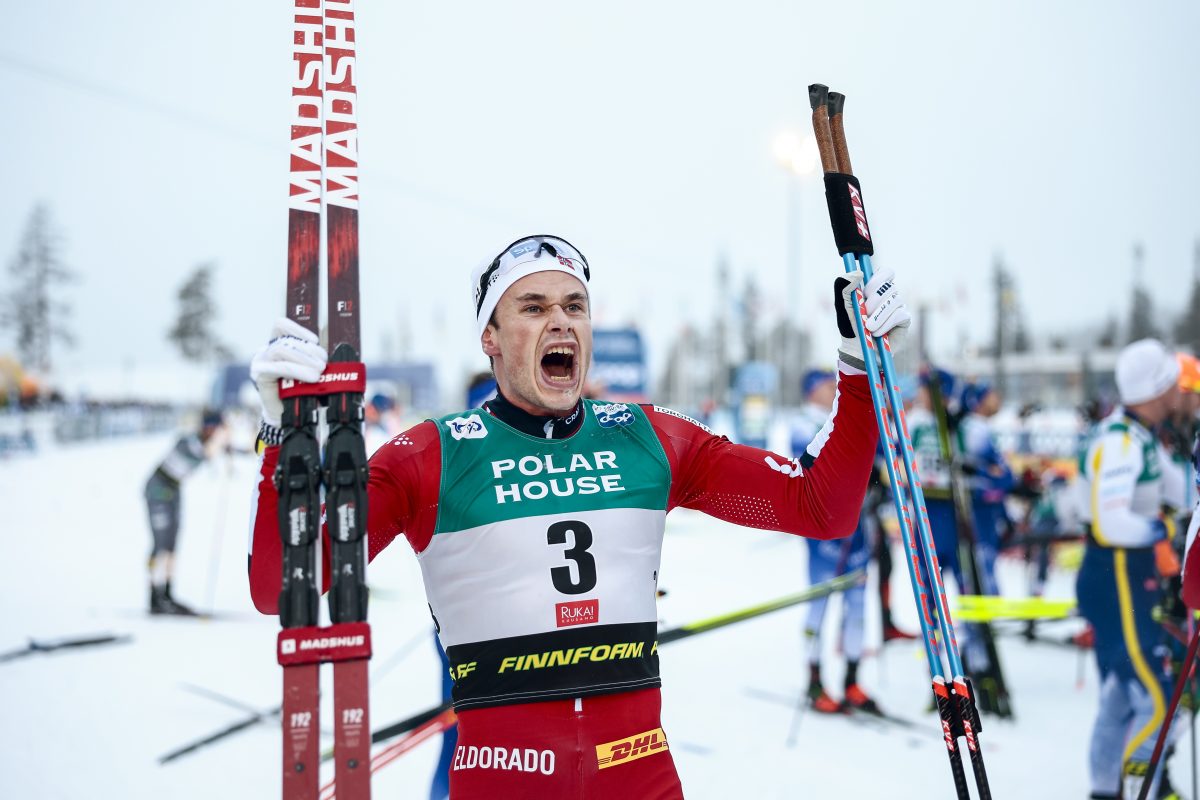The toughest anti-doping effort ever in a World Championship, including nightly doping tests and test analysis that cover “new” substances. The cheaters are living a dangerous life during the Oslo world championships. The doping inspectors are stepping up their efforts in front of the championship, and are sifting through the European ski resorts where the teams are polishing their final details before the competitions begin next week. The Norwegian teams were tested during their final altitude camp in Alpe di Siusi (ITA) last week.
“There are always some skiers we follow more closely. We have blood profiles. If they seem to diverge from what’s normal, of course we will look closer at those,” Inggard Lereim said to Norwegian news agency NTB.
Lereim has been a central part of the anti-doping research and testing for decades. During the world championships, he is the organizer’s medical expert in charge in regards to anti-doping efforts. The racers will be tested more extensively and frequently than ever during a major event. More than 600 doping samples will be analyzed at Aker University hospital doping lab in Oslo.
Additionally, the World Anti-Doping Agency (WADA) will request more out of competition samples as well. For each event at the world championships, six athletes will be tested (the top four and two random).
Sleepless
Night time can be used for a lot of different things besides sleeping. The anti-doping inspectors warn that they will use the nights to perform unannounced raids.
“The strategy was used the first time during the 2006 Olympics in Turin. It will definitely be continued during these world championships. Some of the illegal substances are detectable only for an extremely short period of time, which means the doping test has to be performed shortly after the substance has been taken in order to detect it,” Lereim explained.
There have been several doping scandals in nordic skiing. The biggest to date was the 2001 doping scandal that surfaced during the Lahti world championships. The Finnish hosts had rigged an organized doping machine.
“That was just sad, and as a huge fan of Finns and Finland, it shocked me. If this championship had been hosted in Norway or Sweden, nothing would have been found. Only a few days before the 2001 Worlds, the doping lab in Helsinki developed a testing procedure that was capable of detecting Hemohes. I knew nothing about it,” Lereim said.
Right before the 2002 Olympics in Salt Lake City, the doping experts cracked the code to detect Nesp. That was the end of Johann Muehlegg’s career.
Skiers should not feel safe before these World Championships either. New test methods make cheating riskier.
Cleaner now
“The ethics of this sport (cross-country skiing) is for the most part very good in most countries. A lot has happened in the anti-doping effort over the past 25 years. Several years ago, I was mentor to the FIS in Eastern Europe in this field. That was a bizarre experience. I could go on for days talking about my experiences over there,” Lereim said.
“There will always be some communities that are willing to cheat. I am mostly mad at my colleagues, the physicians. More than anything, the doctors, the coaches and the pharmacists are the ones who are behind the doping problems. The good thing is that the FIS has the jurisdiction to expel these individuals for life. A lot of sports don’t have that,” Lereim concluded.
The 2011 World Championships in Oslo begin on February 23 and conclude on March 6.
From Langrenn.com, February 14, 2011 Translation by Inge Scheve
Inge Scheve
Inge is FasterSkier's international reporter, born and bred in Norway. A cross-country ski racer and mountain runner, she also dabbles on two wheels in the offseason. If it's steep and long, she loves it. Follow her on Twitter: @IngeScheve.




One comment
Tim Kelley
February 18, 2011 at 3:35 pm
I agree – doping is bad. And doping needs to be policed. But geez, I guess you really, really have to want to be an elite ski racer these days to put up with the required lack of privacy. You have to report where you are and what you’re a doing all the time, you have to be ready for drug testers showing up at your house anytime .. and now, you can’t be assured you will get any sleep at races because the anti-drug Nazis may be kicking down your door. What’s next? Requiring athletes to be under web cam surveillance 24/7? Blood analysis devices implanted in athletes bodies that send real-time feeds to WADA? If I was a kid and knew you had to put up all of this nonsense to be an elite ski racer, I’m pretty sure I would choose another form of skiing or sport to pursue, one that is fun and doesn’t have “the man” watching your every move. Seems like this anti-doping stuff is getting out of hand.